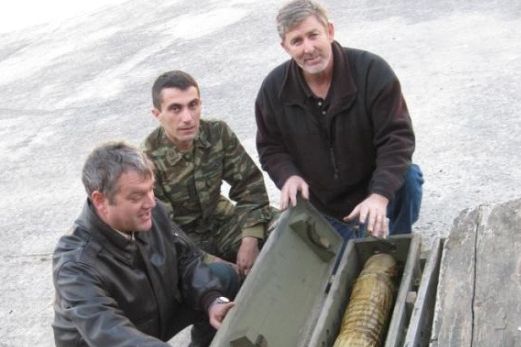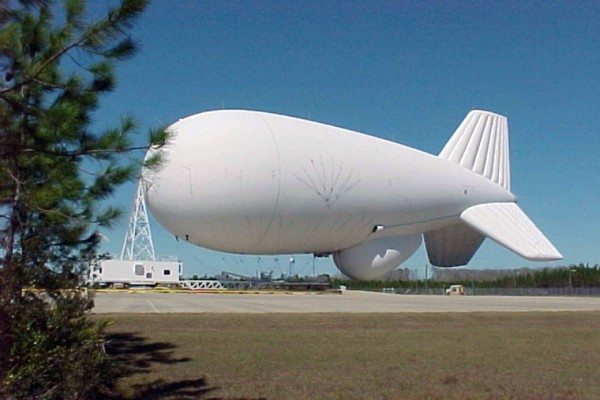Bill Walter, an Air Force Special Operation Command Strike Requirements Branch program analyst, has a long history of brainstorming money-saving ideas and seeing them to fruition.
A tip from the U.S. Army Ammunition Program Office led Walter to a valuable supply of modified 40 mm M2 A1 gun parts used on the AC-130 gunship, which netted an Air Force savings of more than $14 million.
“The United States gave a bunch of 40 mm guns to allies during the late 1940s and early 1950s under the Marshall Plan,” Walter said. “The Greek Army retired the weapon in 2005, so the parts were just sitting in a warehouse without any purpose.”
Walter inquired about the 40 mm parts and with the help of U.S. Army Lt. Col. Pete Huie, a Greek liaison officer, Walter reclaimed the equipment.
“Huie sent me photos of the barrels, which were 1950s vintage,” Walter said. “Interestingly, many of them appeared to be in new condition and in the original packaging.”
Since AFSOC is the sole remaining user of the modified M2 A1 gun parts in the United States and among very few users in the world, Walter traveled to Greece to inspect and mark parts for shipment.
“The fact these parts existed was brought to our attention. We analyzed it and realized we have the potential to gain from this. The risk was very low,” Walter said. “They picked me to go because I’ve been working with that gun since 1978, so I knew exactly what to look for.”
Once he arrived in Greece, Walter began putting his experience with the weaopon to use.
“I spent two days combing through several arsenals searching for 40 mm parts,” he said. “Once all parts were identified and marked, they were taken to the Port of Athens to await shipment.”
The group’s efforts were worthwhile. The group reclaimed 139 barrels, five breech rings and several other miscellaneous parts.
After identifying the parts, it took just over a year to complete the import paperwork and receive permissions.
In mid-December 2012, Walter said the 40-foot shipping container arrived at Eglin Air Force Base, Fla.
“We secured all parts and began the painstaking task of inventory, inspection and coordination to enter the parts into supply,” Walter said. “With the exception of shipping, these parts were free of charge.”
In 1950, a barrel alone originally cost about $12,000. Today, cost estimates to manufacture new barrels are 10 times more — more than $1.3 million each.
“Normally, finding many out of production parts is almost impossible, but in this case, we were very lucky to find a treasure trove of brand-new, old parts,” Walter said.
“The Defense Logistics Agency is responsible for contracting manufacture of common, high-wear parts, but supplies of complex parts such as breech rings and barrels are scarce, unavailable and economically unfeasible to manufacture,” Walter said.
The entire event recovered parts valued over $14 million but only cost $14,000 for travel and shipping.
In addition to the cost savings, Walter said that AFSOC now has enough barrels to last the remainder of the gun’s lifecycle on the AC-130 gunship.
“It was just like going into a museum. I just felt awestruck. It was like I stepped into another time, like stepping back 50 or 60 years,” Walter said. “It was very nostalgic, but at the same time I was thinking ‘wow, we can make good use of this stuff.'”











